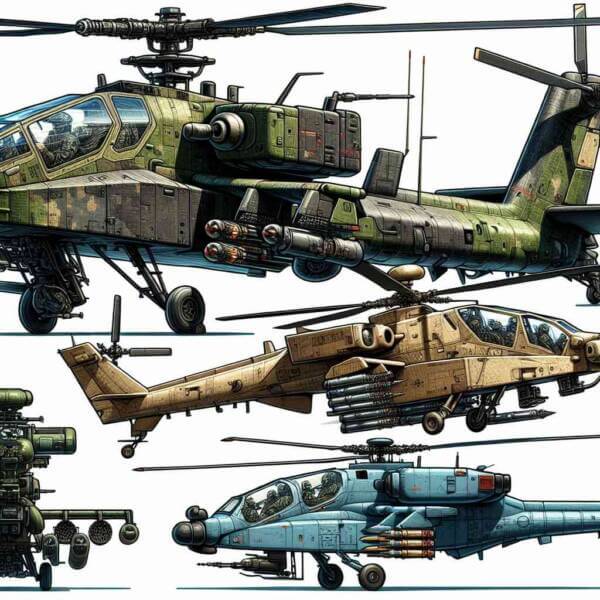What Is Military Aviation?
What Is Military Aviation?
Blog Article

Military aviation is an essential part of modern defense strategies around the world.
Today, military aviation encompasses a wide range of missions, from fighter jets and bombers to surveillance drones and transport planes.
History of Military Aviation
As technology advanced, airplanes were adapted for offensive operations, reshaping military strategies.
Major milestones in military aviation history include:
- First use of armed aircraft in combat
- Creation of long-range bombers and jets
- Emergence of strategic bombers and nuclear deterrence
- Rise of unmanned aerial vehicles (UAVs)
Each era brought innovative strategies that expanded aerial warfare.
Main Categories of Military Aviation
Military aviation includes a variety of aircraft, each designed for unique purposes.
Major aircraft classifications:
- Planes built for speed and agility
- Bombers
- Planes used to move troops and equipment
- Unmanned aircraft for intelligence gathering
Each type plays a critical function in military operations, from striking enemy targets.
Importance of Air Superiority
Controlling the skies gives forces the advantage.
Strategic advantages of air dominance:
- Reducing enemy effectiveness
- Targeting infrastructure and logistics
- Gathering critical intelligence
- Boosting morale
Nations with strong military aviation capabilities visit this website can defend their interests more effectively.
The Next Generation of Military Aircraft
Military aviation is at the forefront of engineering breakthroughs.
Future technologies in military aviation:
- Aircraft designed to evade radar detection
- Hypersonic weapons
- Artificial intelligence-driven missions
- Laser and electromagnetic systems
These advancements increase survivability for air forces worldwide.
Obstacles Facing the Industry
From high costs to geopolitical tensions, the road to air dominance is a constant battle.
Major obstacles to overcome:
- Budget constraints for defense programs
- Need for constant upgrades
- Cybersecurity threats
- Questions about accountability and control
Addressing these challenges is essential for maintaining air power.
Where Military Aviation is Heading
The future of military aviation promises faster, smarter, and more autonomous systems.
Likely developments:
- Greater integration of artificial intelligence
- Defending assets beyond Earth
- Developing sustainable aviation technology
- Collaborations across allied air forces
The next era of military aviation will redefine defense.
Final Thoughts on Military Aviation
Military aviation remains an irreplaceable element in global defense.
As technology continues to evolve, the skies will remain a frontline of innovation where military aviation protects nations.
The future of military aviation is limitless — and it’s only just beginning. Report this page